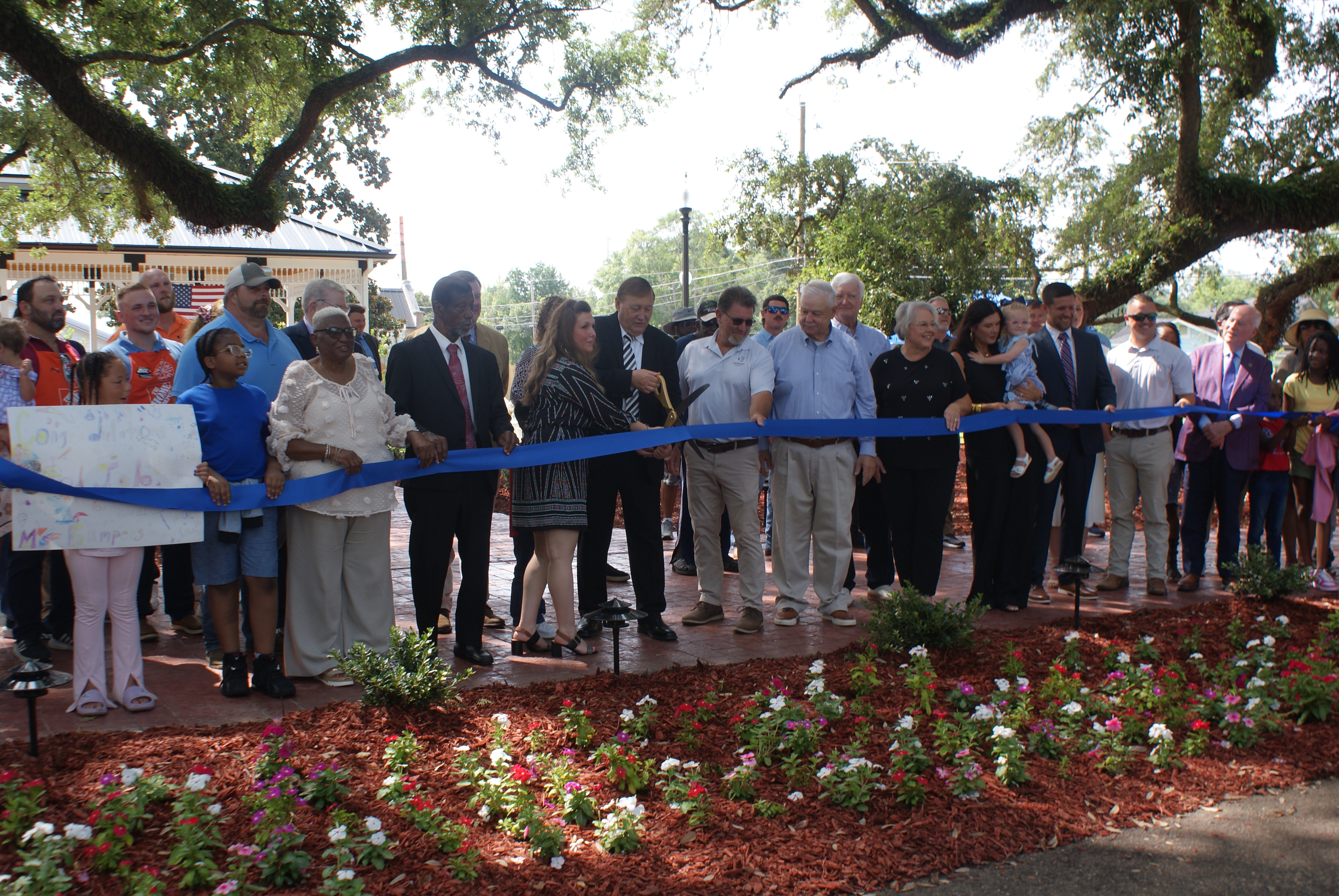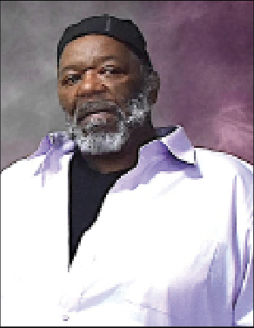UGC considers economic development
Published 9:18 pm Thursday, August 10, 2006
The Pearl River County United Governmental Council considered economic development in PRC during their August 8 meeting.
Board members and attendees listened to a presentation from Pete Walley of Mississippi Institutions of Higher Learning that concerned the economic impact of local industry and local economic development efforts in PRC. According to the International Economic Development Council, economic development can be defined as “a program, group of policies, or activity that seeks to improve the economic well-being and quality of life for a community, be creating and, or, retaining jobs that facilitate growth and provide a stable tax base.”
Walley stressed how he thought it important that the county try to increase the number of local jobs given to local workers.
“It’s not about creating wealth for the individual. It’s about creating jobs and revenue for the community,” Walley said.
Walley said in his presentation that if communities would teach job skills to local residents, then those people could become productive members of the community’s workforce, helping to lower unemployment rates.
“My personal opinion is that the actual unemployment rate in Mississippi is probably around 13 or 14 percent instead of the estimated seven or eight percent people always quote,” Walley said.
He also said it was important for the community to sponsor and encourage the growth of entrepreneurs within the community.
“I think it’s important that we train these people. If our economy is good, maybe more talented students and entrepreneurs will want to continue to work in Mississippi and PRC and not take their skills out of state,” Walley said.
Examples of economic development programs included in Walley’s presentation were industrial parks, downtown development, targeting jobs at disadvantaged residents, and manufacturing technical assistance.
“Our society is quickly moving away from labor jobs as the driving jobs in our nation. ‘Idea’ jobs are now taking their place- jobs that do not necessarily require physical labor, like agriculture does,” Walley said.
Walley also gave suggestions for how PRC could approach an economic development evaluation of its region.
“There are three types of economic development evaluation: Community, firm, and community impact evaluations. The main goal for all of these should be positive feedback on the programs you want to implement for economic development,” Walley said.
He then offered suggestions for how PRC could improve economic development through its strategies and workforce.
The council was then addressed by Mark Loughman from Mississippi Power concerning economic development site selection and industrial park readiness.
Loughman told the council what big industries are looking for in terms of development sites.
“These people are looking at highway accessibility, labor costs, the amount and quality of available skilled labors, state and local incentives, tax rates and tax exemptions, Internet access, proximity to local markets, and available energy and energy costs when determining what site to choose,” Loughman said.
He said that interstate 59 gives PRC an advantage in economic development competition because of its location and accessibility.
Loughman also told the board that the target industries for the south were aerospace and aviation, shipbuilding, plastics, polymers and chemicals, food processing, wood products and warehouses and distribution places.
“In my opinion, with the Stennis Space Center in the heart of county, Pearl River could really develop economically through aerospace and aviation industries,” Loughman said.
After Loughman’s presentation, the council heard from Steve Lawler from the Utility Authority, who urged the council to be careful with the project’s funding and to support the Utility Authority politically.
“We want people to know that Pearl River County is united in our efforts and that we are speaking with one voice. We must work together on all issues that concern our county and our communities,” Lawler said.





